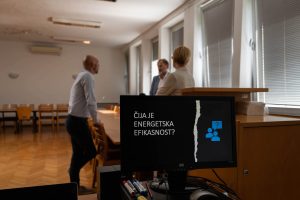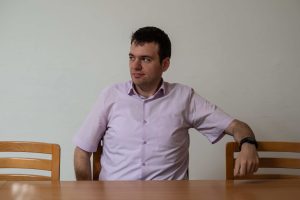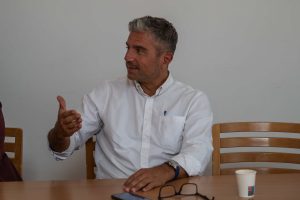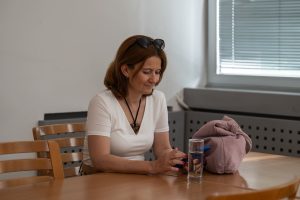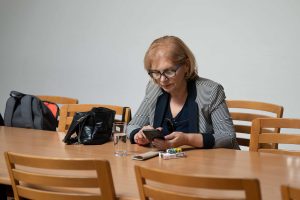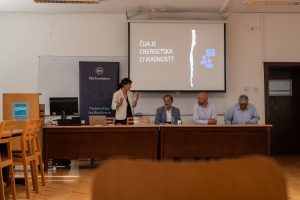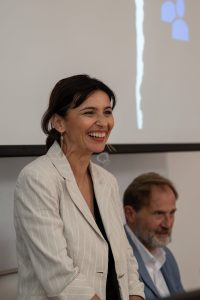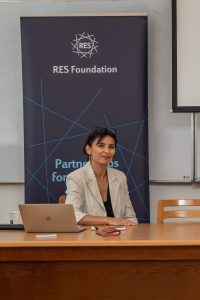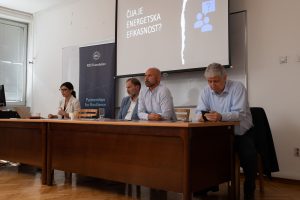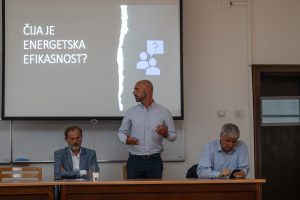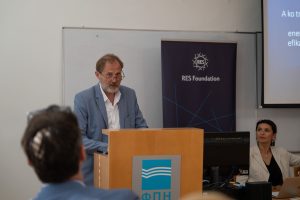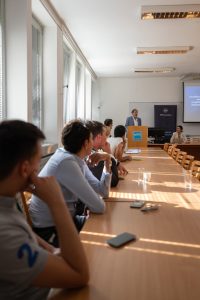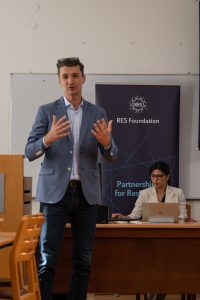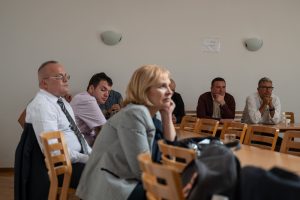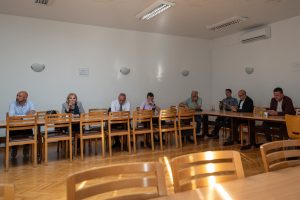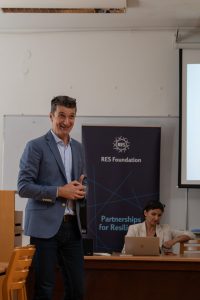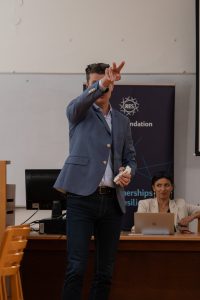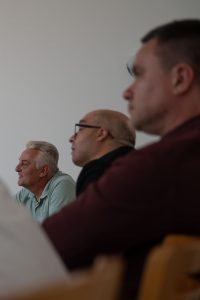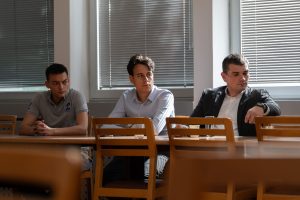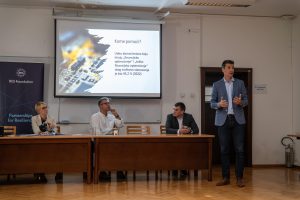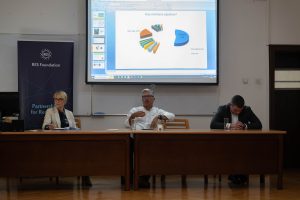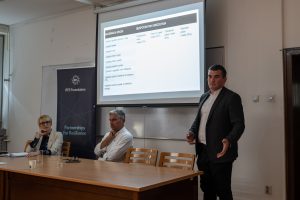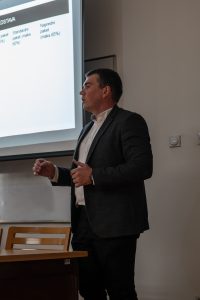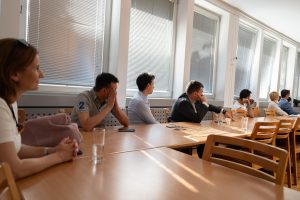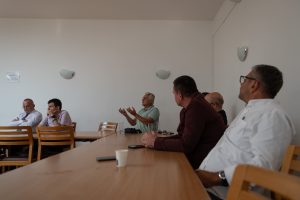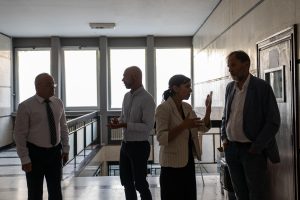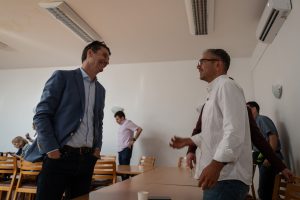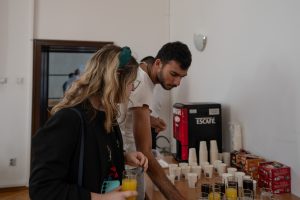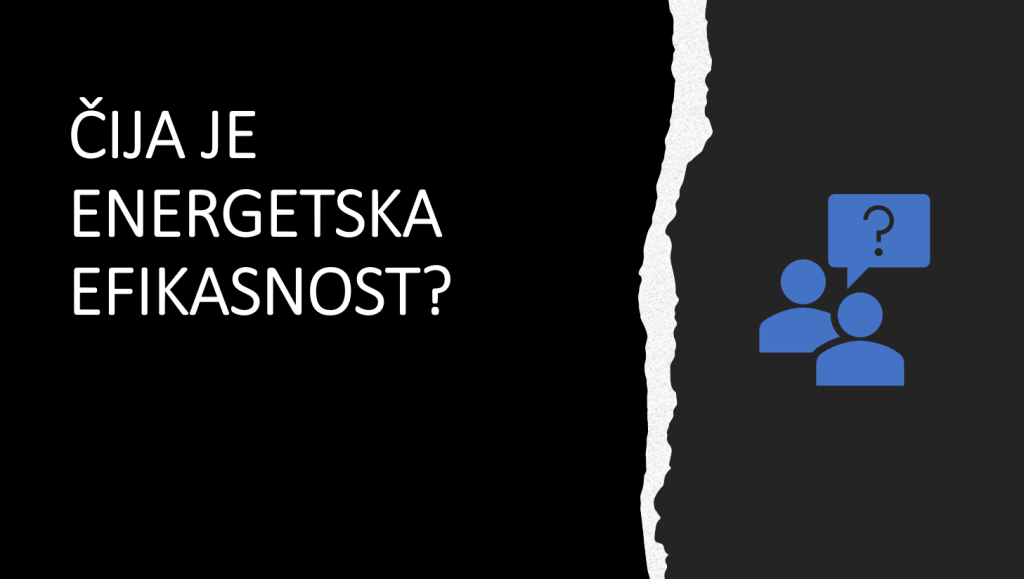
On Friday, June 14, at the Faculty of Political Sciences, RES Foundation held a round table “Public and private aspects of improving energy efficiency” with the aim of bringing the topic of energy efficiency closer to students, i.e. to those who will in the future handle the processes of maintaining and improving public goods in the Republic of Serbia, which would result in making informed choices in the best interest of the citizens of Serbia.
After the welcoming speeches and introductory presentation by Jasminka Young, Aleksandar Kovačević from the Oxford Institute for Energy Studies made a distinction between public and private when it comes to energy efficiency. He was followed by Professor Dr. Darko Nadić from the Faculty of Political Sciences, speaking about energy efficiency as a public policy, and Aleksandar Macura spoke about obstacles and solutions for improving energy efficiency. After the break, moderator Stevan Vujasinović led a discussion about standards as a tool for improving energy efficiency with Ivana Stevanović Ristić of Alfa Plam as a representative of the private sector, while Macura and Filip Blagojević from RES Foundation elaborated their presentation “Public financing of energy efficiency in the Republic of Serbia”, which opened the door to a quality discussion.
The conversation is part of a project implementing by RES Foundation with the support of the Heinrich Böll Foundation, whose aim is to help students, young politicians and aspiring politicians, as well as investigative journalists, to think about the relationship between public and private benefits, as well as public and private investments in improving energy efficiency. The project is being implemented at a time when the taxpayers of the Republic of Serbia will invest almost 100 million euros of borrowed money in improving energy efficiency with the participation of hundreds of officials from over 130 municipalities and cities. On the other hand, and at the same time, the new standards that are starting to apply will direct and limit our choices of stoves, ovens, air conditioners and other devices that consume energy.
Check out the photo gallery:

